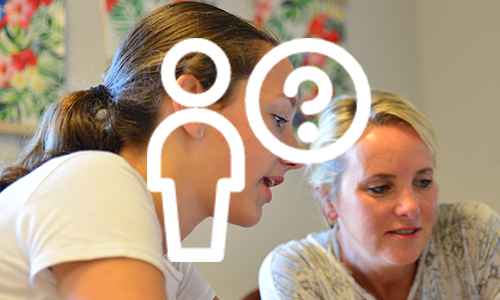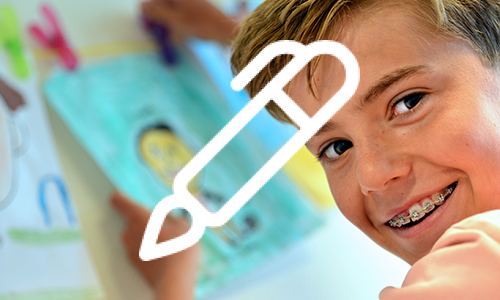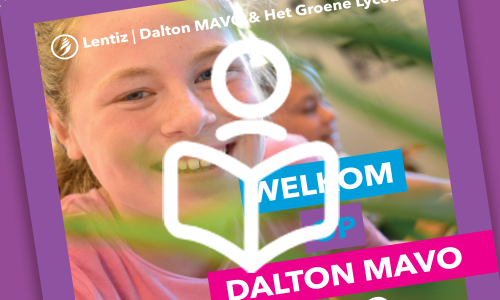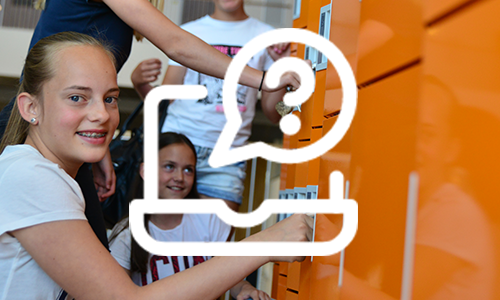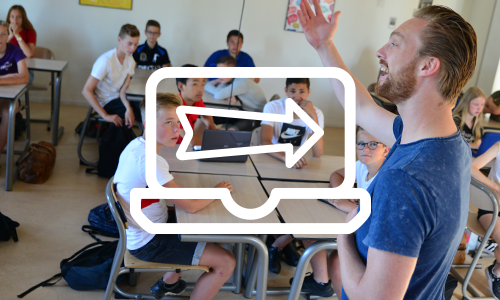When and where are the meetings?
Erasmus
Erasmus+ Project SCOPE: sustainability
In the context of the project Scope, it was considered that our youth is expressing more and more concern for the environment and future of our world, there have been multiple student climate strikes and the Swedish climate activist Greta Thunberg is seen as an inspirational figure by our students.
By participating in this project we create an educational environment in which our students get a chance to actively research and work on topics about sustainability not only from the perspective of their own country but on a international level. Together we can work on raising awareness, exchange knowledge on factors environmental, economical and social factors that influence sustainability and stimulate a change in behavior, not only for students and teachers involved in the project but also in our organizations and municipalities/cities or even countries. The objective is to change students behavior like less littering, conscious consumption, being more conscious where they buy clothes and how many clothes they buy, using less water by taking shorter showers etc. Its pretended to make the students aware of their carbon footprint and the role they can actively play in reducing it.

The project intends to gain a insight and create materials that help promote teaching on the topic of sustainability within the curriculum of the schools. The awareness of the need to maintain biodiversity will grow on participants. The project will give students practical ways to reduce waste and recycle. Students will learn to produce food locally by growing vegetables through vertical agriculture. The project group is composed of different types of schools from six countries (Finland, Portugal, Netherlands, Slovenia, Spain and Turkey). The age group targeted are students between 12-17 years old.
During this project students and will design the logo of the project, create a Erasmus wall at each school, maintain the already ongoing Twinspace of the project, create and maintain a project web page. They will install and maintain a composter in each partner school, build a climate change dictionary on video, design mind maps and memes about sustainability and/or climate change and produce food through sustainable agriculture, namely growing microgreens and using hydroponics. Students will perform research works and presentations about factors influencing sustainability on an international level. They will build a an insect hotel. Presentations will be made reflecting visits to companies/educational organizations connected to sustainability. We will create class plans for teaching sustainability and summaries of curriculums connected to sustainability.
